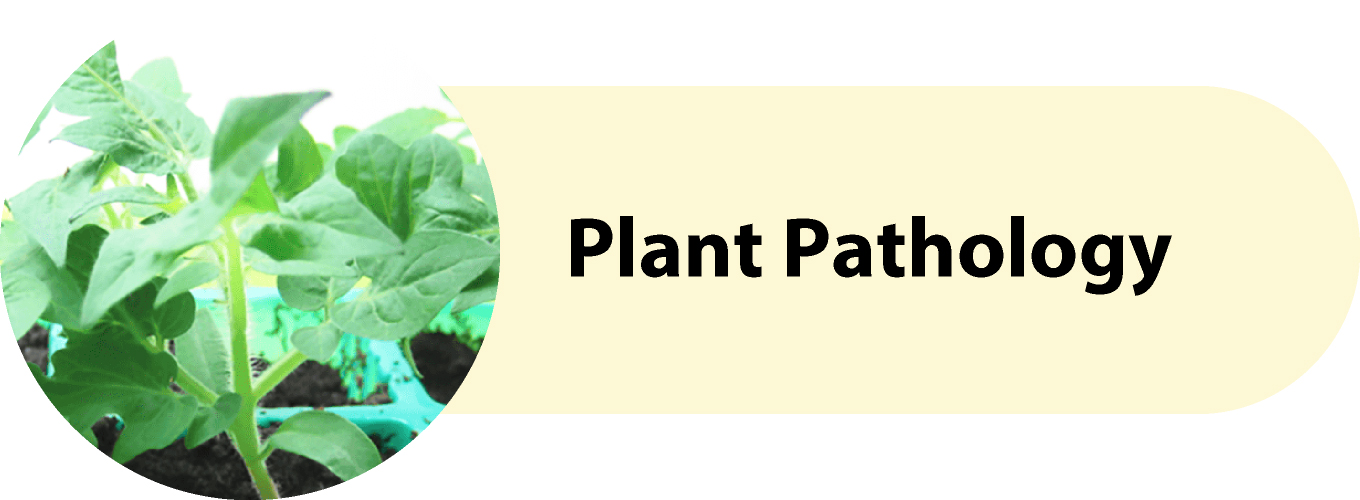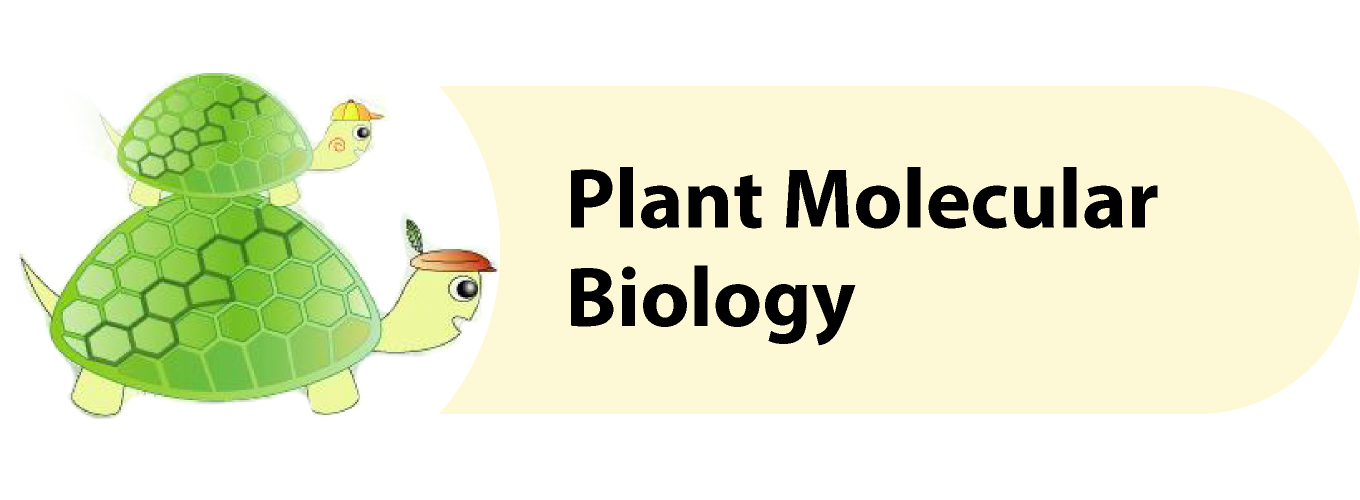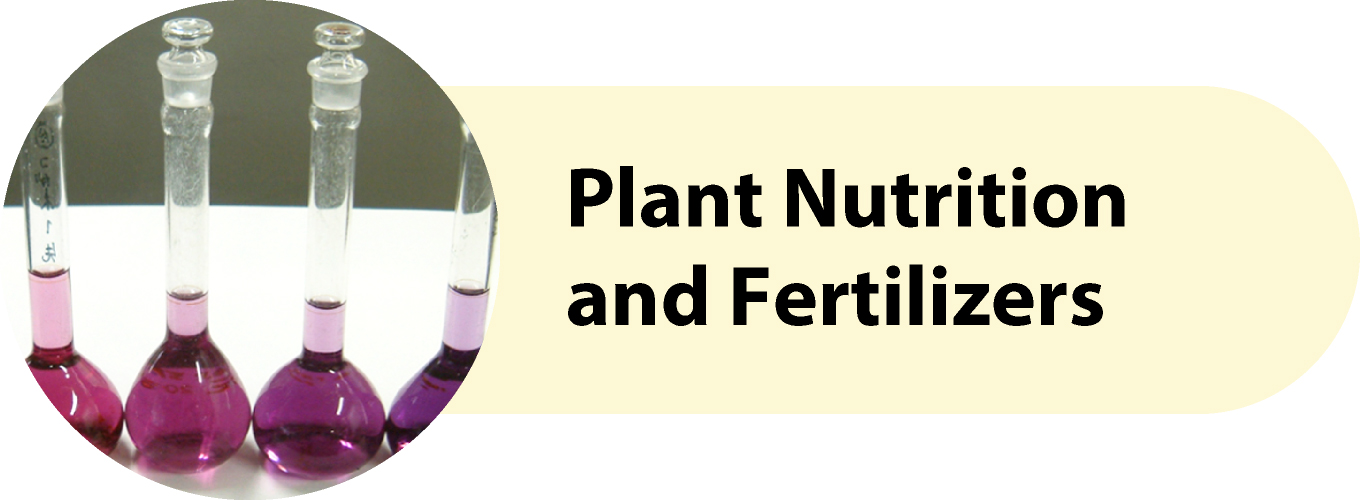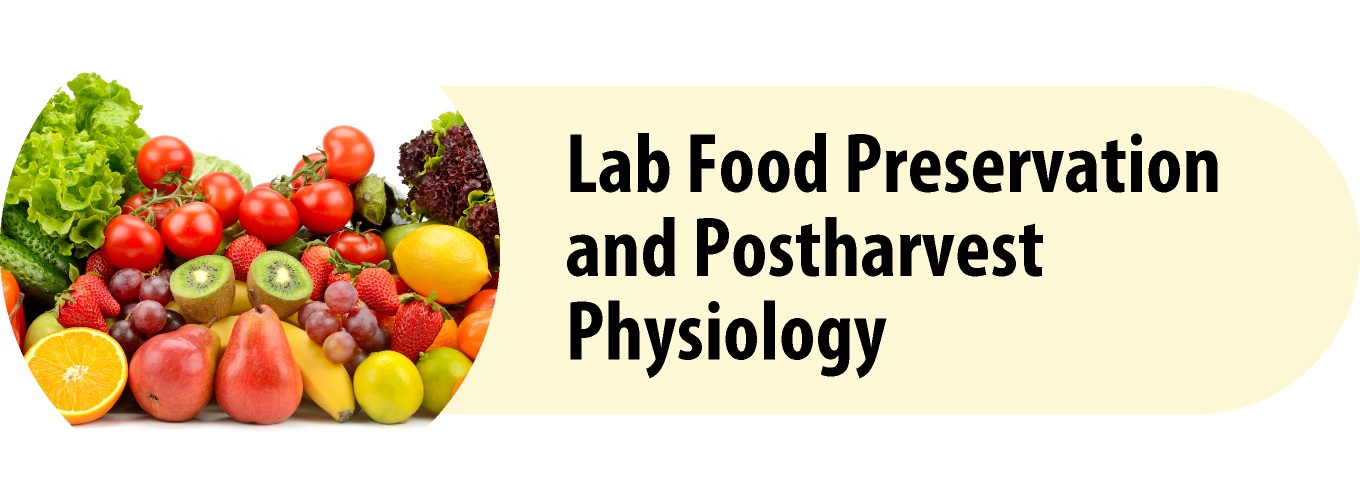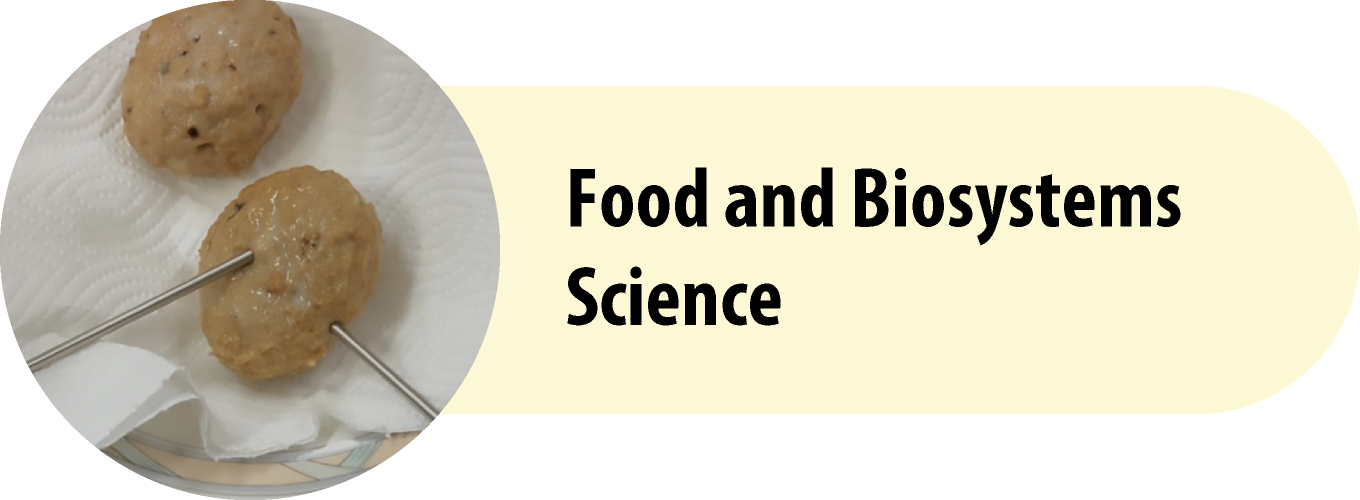Food Safety and Bio-Environmental Science
Course Introduction
This course provides education and conducts research in soil and environmental sciences, plant pathology, plant physiology and nutrition, fertilizers, postharvest physiology and preservation, food processing and distribution. These studies have to do with many aspects of food safety. We aim to harmonize the stable provision of safe and high-quality food products with environmental conservation.
Laboratory
Educational Goals
The educational goal of the department of Food Safety and Bio-Environmental Science is to develop human resources who can contribute to crop production, food processing and manufacture, food hygiene management and the material development used for agriculture, while also possessing the scientific knowledge and skills concerned with the field environment, crop cultivation, and the preservation, manufacturing and distribution of post-harvest physiology. It is also a goal of the department to ensure graduates possess the skills required to guarantee food quality and safety, and that food proceeds safely and securely through the sequential process of the food supply from crop production to consumption in a way that is beneficial and healthy for human beings.
Policies
Diploma Policies
- A student will have met the requirement of the department for graduation if they:
- have learned the basic knowledge related to the agricultural field environment, production process, and the production materials to provide crops safely and securely.
- have become equipped with the basic knowledge and skills related to the preservation, manufacturing and distribution in the postharvest environment to provide consumers food safely and securely.
- possess the knowledge and skills related to the qualities either of agricultural crops or food and the evaluation of safety standards.
- have acquired the basic ability to overcome any matter encountered concerning food safety.
Curriculum Policies
- General classes related to agricultural science, chemistry and biology are provided in order to study the basic knowledge and skills for further learning in the food and life sciences and a wide range of agricultural knowledge.
- Specialized classes related to crop production and the preservation, manufacture and distribution in the post-harvest environment are provided to master the knowledge and skills to ensure production of food safely and securely.
- Practical classes are provided to master the knowledge and skills related to the qualities either of agricultural crops or food and the evaluation of safety standards.
- Practical skills to overcome any matter that may be encountered are developed throughout the education provided to researches in the Food Safety and Bio-Environmental Science.


